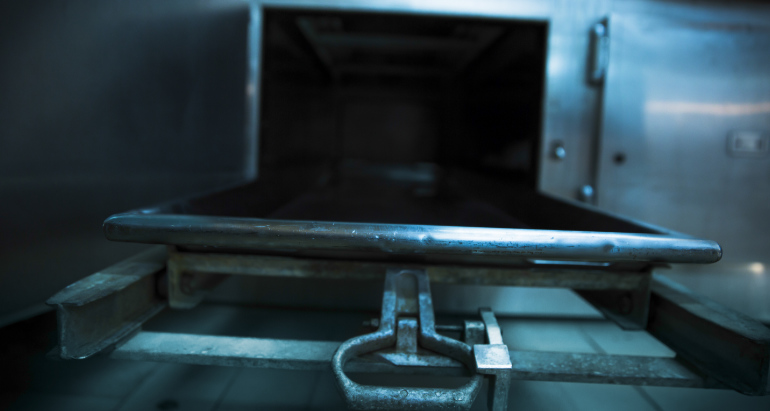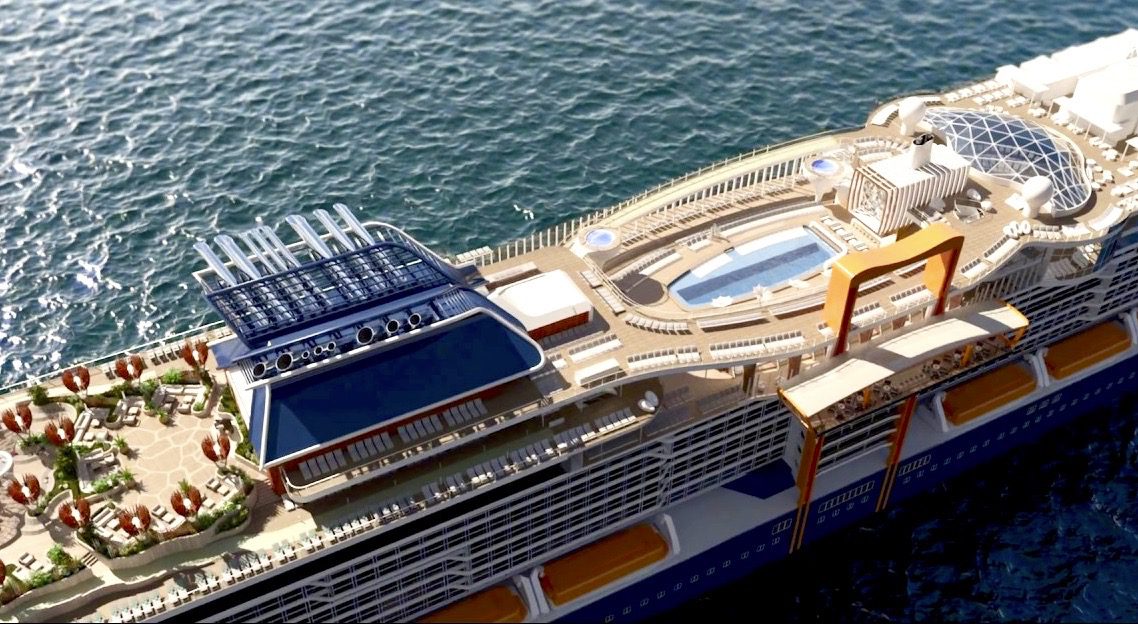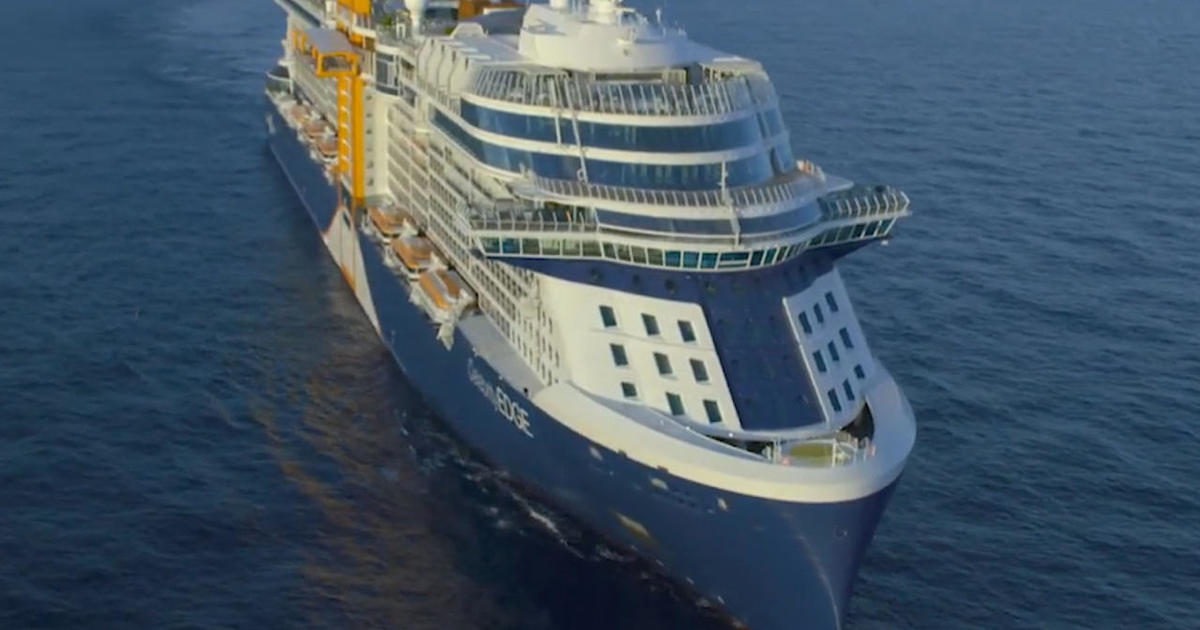Table Of Content

The most significant concern regarding death at sea is returning the body home. With each factor, the family must work with the cruise line to ensure the body arrives home. No matter what the arrangements are, the cruise ship staff will do everything they can to make sure that the process is as smooth as possible for the family during what is undoubtedly a difficult time.
Which celebrity cruise ship improperly stored a dead body?
Jail Cells? Morgues? Your Cruise Ship Has Some Surprises for You. - The New York Times
Jail Cells? Morgues? Your Cruise Ship Has Some Surprises for You..
Posted: Tue, 19 Mar 2024 07:00:00 GMT [source]
By law, cruise ships must have body bags and a morgue on board in case of death on the journey. While it may not be something you think about when planning your vacation, it’s essential to know what to do in the event of a death while on a cruise ship and whether there is a cruise ship morgue on board. The vast majority of deaths on cruise ships are natural, with most the result of heart attacks. But even when death is not entirely unexpected, such as when someone with advanced-staged cancer chooses to cruise, it's shocking to family and friends, whether they're on the cruise ship or on land.
Caleb Williams, Expected No 1 Pick in NFL Draft, Wants to Play Entire Career With One Team
Cruise Lines International Association states that the ship’s location and the visiting port contain requirements regarding off-loading a dead body. It may also preclude the cruise line from its ability to offload a dead body. This short video features an onboard morgue on the Carnival Fantasy cruise ship (one of the smallest Carnival cruise ships at the time of service). The morgue on a cruise ship is typically located on the lower decks, away from the high-traffic passenger areas. In rare instances on small vessels with fewer morgue spaces, there have been reports of bodies stored in the ship’s large freezers or refrigerators, depending on the available cooling options.
How Many People Die on Cruise Ships?
A morgue is a room or building where dead people’s bodies are kept before burial or cremation. While it may not be a thought for many passengers, for others, it can be a source of great comfort to know that the ship is prepared for any eventuality. Larger vessels may have space for up to 6 bodies, maybe more in some in cases, but to need the use of them all would be a rare occurrence. Neither the consulate nor the cruise line pays for anything related to bringing a loved one home; they only help the family make arrangements.
While it may seem morbid to think about, you may wonder if cruise ships have morgues. Even though it probably (or hopefully!) won’t cross your mind when you’re gearing up for your next vacation, it is a question of curiosity for some. Cruise ships are prepared to handle every situation that can arise, including death.
How Do Cruise Lines Help Family and Friends?
For example, if someone passes away in the South Pacific, the body tends to remain in the morgue until it returns to a major port, as few islands can handle repatriation. Authorities in third-world infrastructures can refuse to allow the remains off a ship. When a guest dies on a ship, a person from the Guest Care Team is assigned immediately to assist the deceased person’s friends and family. They have received special training in dealing with grieving individuals; however, these people are not grief counselors. While cruise ship deaths are tracked by federal governments, they may not publicize the statistics.
There are millions of cruise passengers every year, so it’s sadly inevitable that a small number will pass away while on their voyage. Cruise Hive was established back in 2008 and among the earliest blogs in the industry. Since the start, it's been our aim to provide the latest cruise news covering all the major cruise lines. We make sure cruisers are fully prepared for their cruise vacation with tips on ships and ports.Millions of travelers rely on Cruise Hive in the United States, Europe, Australia, and around the world.

Do cruise ships have morgues?
The stateroom where the death occurred will be thoroughly cleaned and sanitized. The morgue may contain a small counter area, sink, and supply storage cabinets. Unsurprisingly, if a deceased guest is discovered in a cabin, the area can be designated a crime scene – even if no foul play is suspected at first glance. If you or a loved one were injured in a maritime incident, we can connect you to lawyers for a free consultation about compensation that may be available to you. Similarly, the code word “Operation Bright Star” is a secret code that refers to serious medical emergencies requiring immediate medical attention. A death certificate will need to be issued, and the cause of death may dictate what will happen next.

Hospital beds, a small surgical suite, and ICU or isolation rooms are available if needed. The primary objective is to have sufficient space to store the deceased passengers until they can be returned to their families or transferred to a port where the local authorities can take charge. While planning your dream vacation on a luxurious cruise ship, the last thing on your mind is probably what happens in the unfortunate event of a death onboard. Though large numbers of passengers cruise every year, deaths during cruises are actually quite rare events statistically. Cruise ships are required by maritime law to have basic medical facilities, including a morgue. Religious customs and cultural traditions may dictate the handling of a deceased passenger’s body.
The morgue is typically located on a lower service deck, out of the way from main passenger areas. This provides privacy and reduces the chance of accidental discovery. Travel insurance data suggests about three-quarters of cruise ship deaths are from expected natural causes. The cruise ship will assist the deceased’s family as reasonably possible with travel, lodging or other logistics during this difficult time. Counseling services may be offered to those traveling with the deceased or any crew/passengers deeply affected by the event.
The cruise line provides guests and crew with generous portions of ice cream to make room for the bodies. "Care Team members are trained to deal with grieving people, but they are not grief counselors," the Carnival spokesperson said. They'll drive the deceased person's travel companions to a hotel if they choose to disembark the ship and even stay with them until they can return home. The size of the morgue depends on the ship’s capacity, and they are required to carry body bags. Cruise ship morgues may not be a topic that most people want to think about, but it’s an important aspect of cruise ship safety and preparedness. While it’s not something that anyone wants to experience, it’s important to know that cruise ships do have facilities in place for handling deaths at sea.
But for most passengers, dying during a cruise is extremely unlikely. While a morgue may seem like a grim necessity, it’s a vital facility that allows cruise lines to operate in a safe and lawful manner. Once an appropriate port is found, the body will usually be disembarked from the ship in the early hours of the morning, one of the first things to happen once the ship has docked.

No comments:
Post a Comment